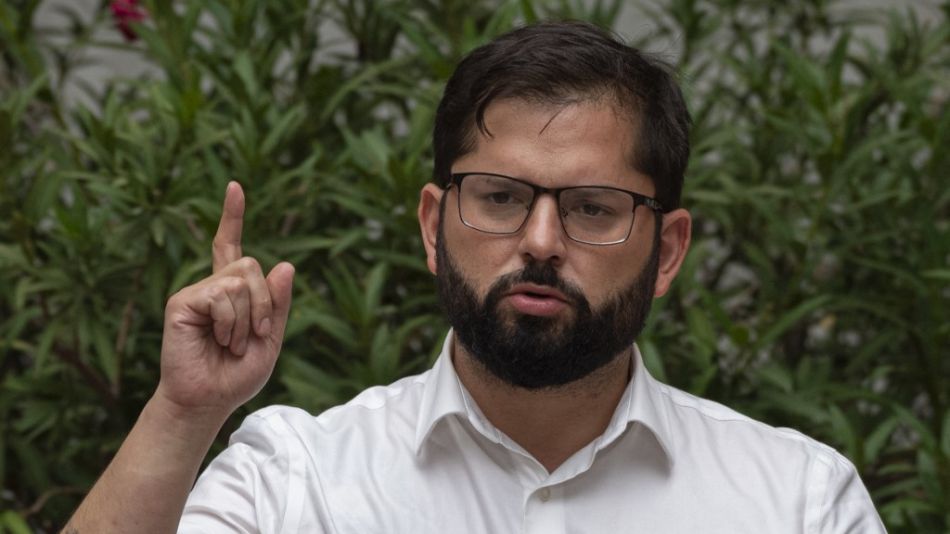One week after the controversy sparked by the pardons of 12 convicts of the 2019 riots and a former member of the radical armed group Patriotic Front Manuel Rodriguez (FPMR), Chile’s justice minister, Marcela Ríos, has resigned.
The announcement was made by the country’s president, Gabriel Boric.
Chief of Staff and principal adviser to the Presidency, Matías Meza-Lopehandía, a lawyer specializing in human rights and indigenous peoples, has also resigned.
He had accompanied Boric since the electoral campaign. This is the second major crisis the president has faced since taking office in March 2021.

Both Ríos and Meza Lopehandía come from Social Convergence.
This party defines itself as “feminist, socialist, and libertarian” and is part of the Broad Front, a coalition of leftist formations that support the president.
In a brief statement, the president argued that Ríos’ resignation, which was already being speculated about yesterday afternoon, is due to the confusion that occurred when “executing my decision to grant pardons and also considering the need to strengthen the political management of the Ministry of Justice and Human Rights.”
“When situations of these characteristics occur in politics, we must assume responsibilities,” said the president, who yesterday met with Ríos and Interior Minister Carolina Tohá.
The new minister will be the lawyer Luis Cordero Vega, who “will join the government team in the coming days since he is currently out of the country.
PRESSURE FROM THE OPPOSITION
The crisis in the Boric government erupted last Friday, after the announcement of the granting of pardons to 13 people, among them former guerrilla Jorge Mateluna, and grew throughout the week after the release of the résumé of one of those arrested for the riots, who has accumulated five sentences for minor crimes and 26 trials.
Mateluna was serving a prison sentence for participation in a bank branch robbery after being convicted in a trial full of irregularities and marked by the defendant’s insistence that he had mistaken himself for another.
As soon as the news came out, the ultraconservative Independent Democratic Union (UDI) party, formed at the time of Augusto Pinochet’s dictatorship, harshly criticized the president and announced the abandonment of the transversal security table formed by the government to find solutions to the problem that worries Chileans the most.
An effort led by the Interior Minister, who joined the government in September after the first major crisis, and who represents a more moderate, socialist wing.
The conservative opposition party National Renewal (RN) increased pressure on the government during the week, which threatened to bring constitutional charges against the minister for the pardons and the errors in announcing them.
SECOND GOVERNMENT CRISIS
The first crisis in Boric’s government occurred after the rejection victory in the plebiscite to change the constitution held on Sept. 4, when two of his closest collaborators fell, Interior Minister Izkia Siches and the Minister of Government-Congress Relations, Giorgio Jackson.
Moreover, it meant a more moderate turn to the left, creating the first fissures in the governing coalition.

